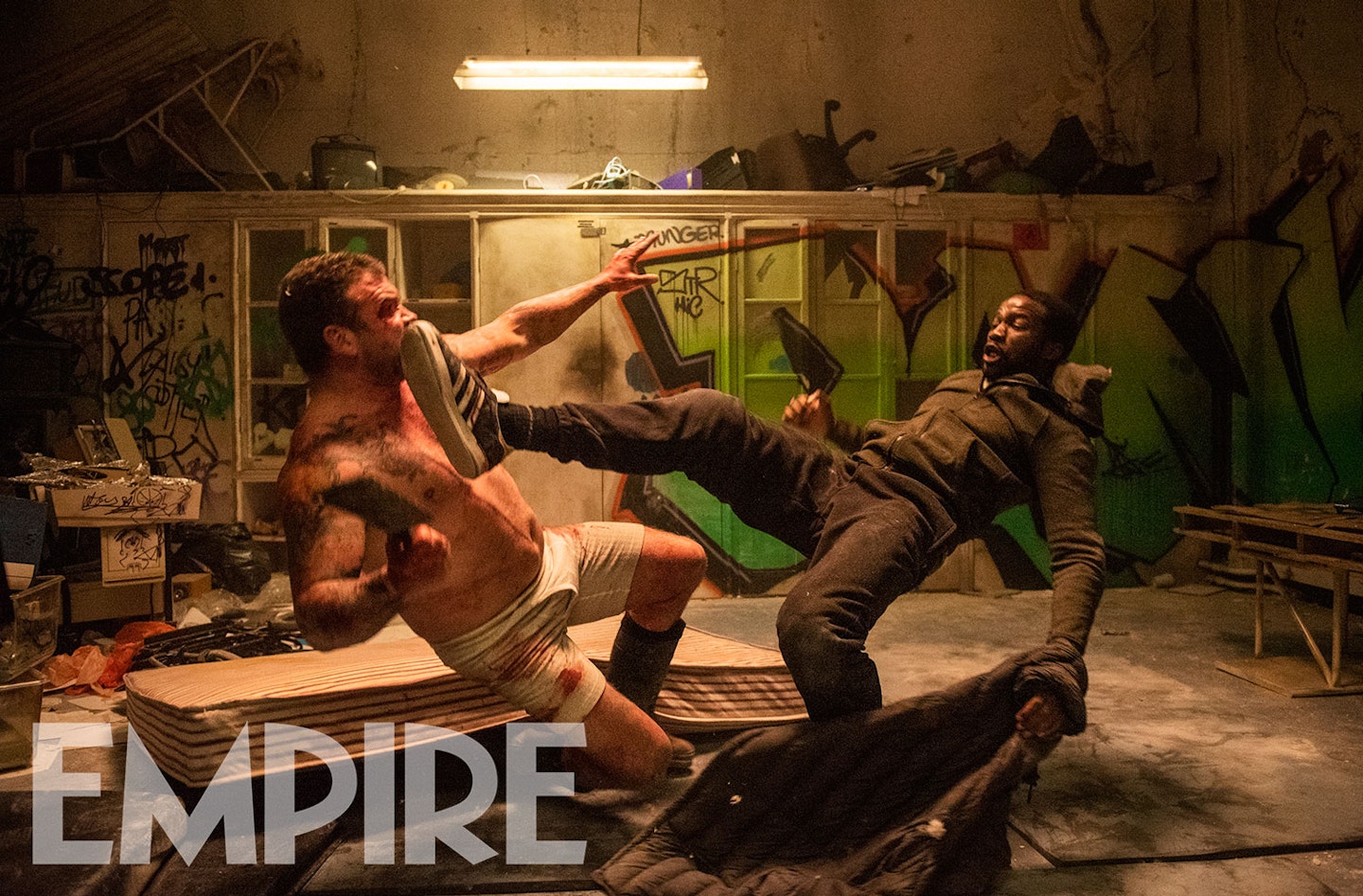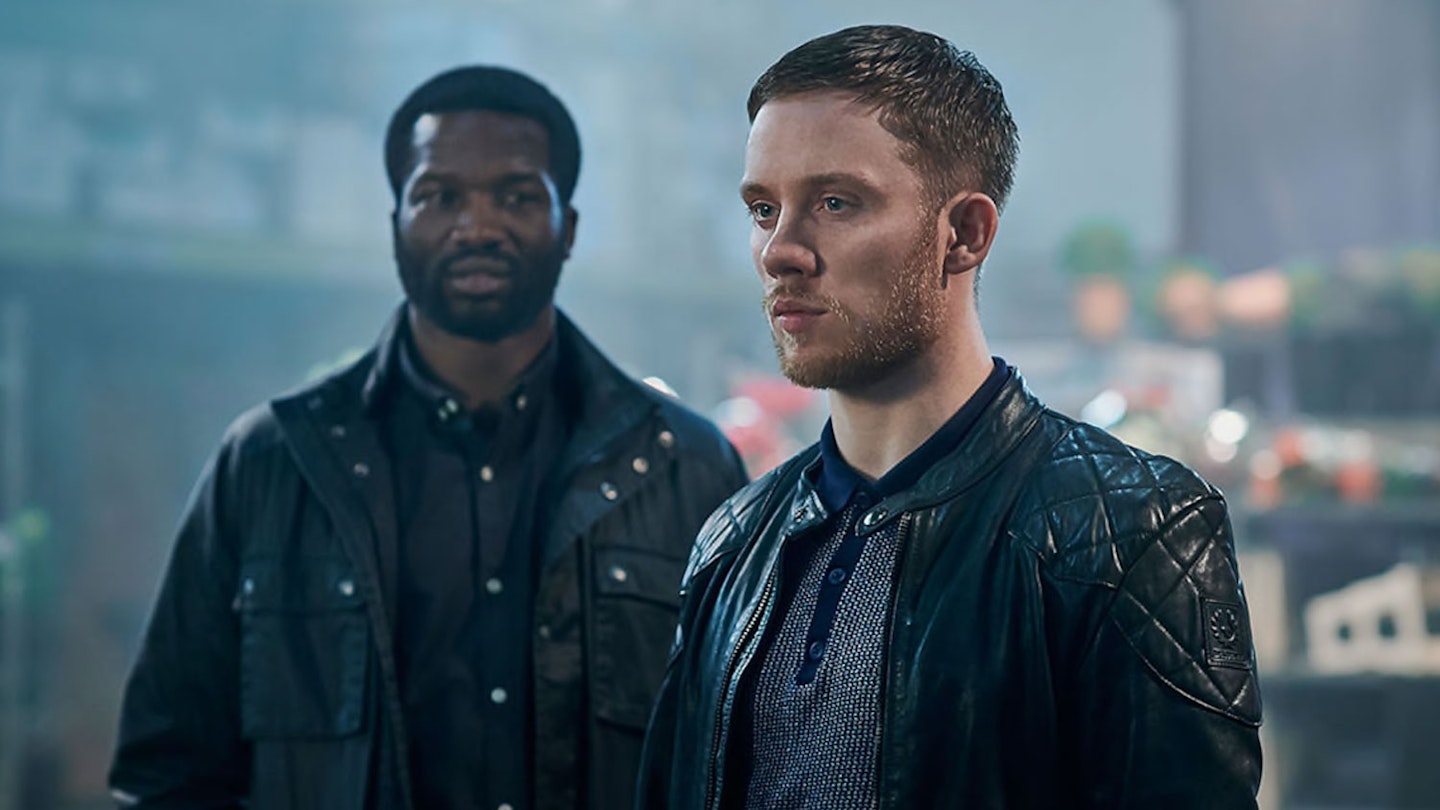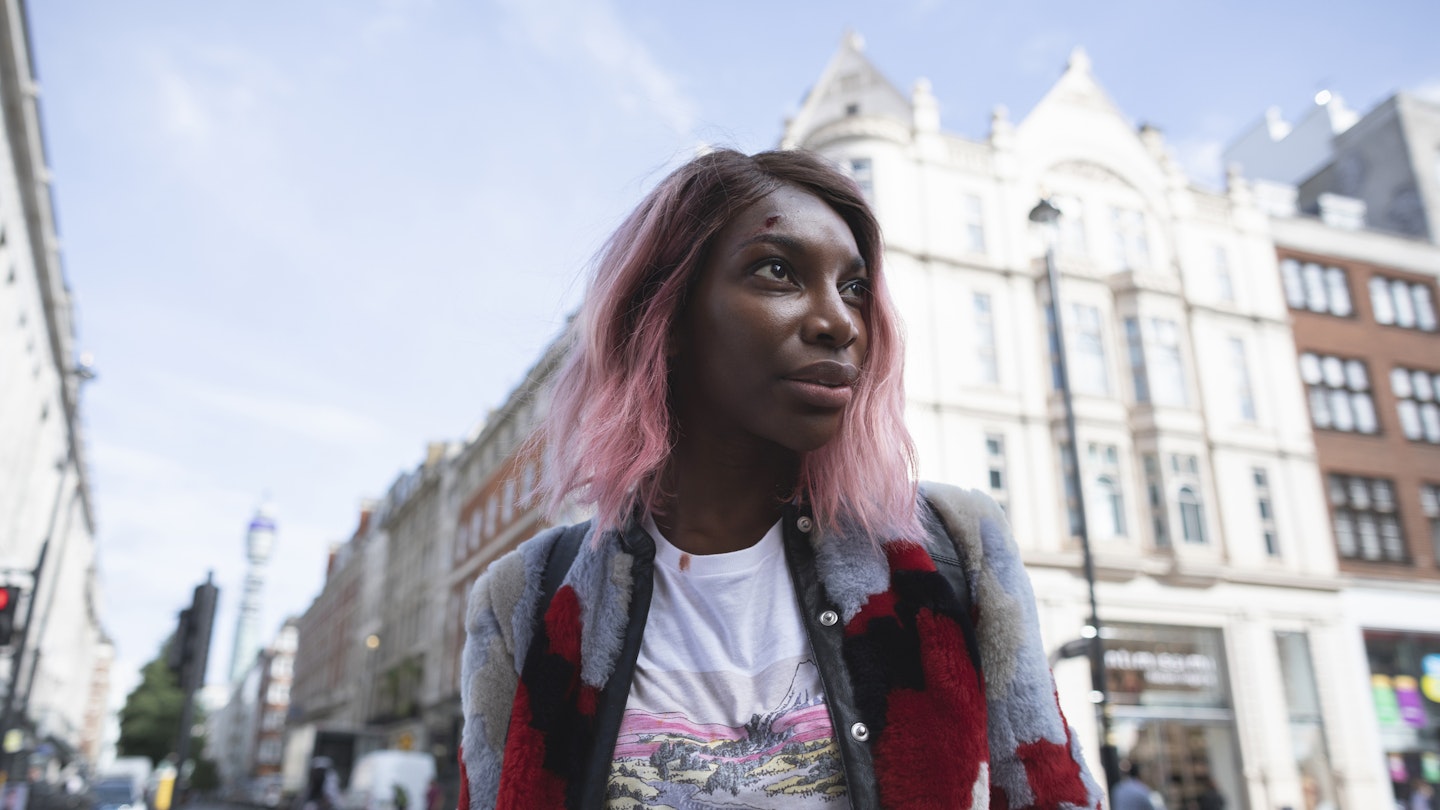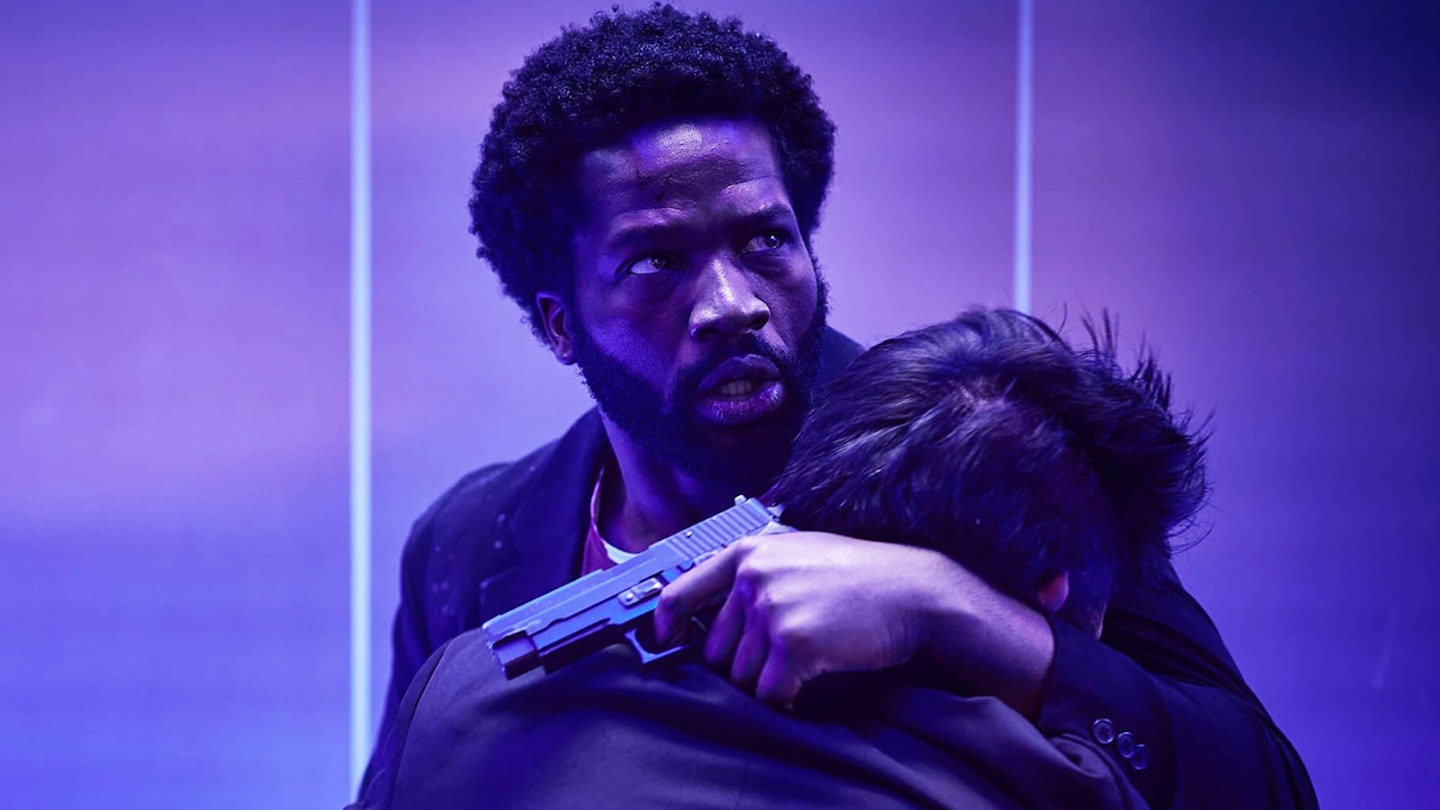Episodes viewed: 4 of 10
For too long now, the British modern-day gangster thriller has been typified by unsavoury, cheap-as-chips, straight-to-video fare, which on the whole has felt just a little too enamoured of its carelessly violent, “fack”-spitting, shooter-toting, predominantly white-male pro-antagonists. There have been a few valiant attempts to give the sub-genre a worthwhile cinematic spin, such as Matthew Vaughn’s slick, subversive Layer Cake and Eran Creevy’s Welcome To The Punch, which cast London’s seedy underbelly in a Michael Mann-esque sheen, but it’s never really maintained the same allure as its American equivalent.
Enter Gareth Evans and Matt Flannery, the co-writing director/cinematographer team who so memorably ratcheted up the action bar with 2011’s The Raid. They are determined to give the Brit gangster scene a stylish, big-budget, no-holds-barred shake-up with this epic Sky/HBO Cinemax co-production, whose title notably riffs on a major Scorsese picture (presumably because Once Upon A Time In London was already taken).

For the most part, it is archetypal material, though it looks far further afield than the red-bricked battlegrounds of the East End. At the heart of Gangs Of London is the Wallace organisation, a Corleone-ish clan whose ruthless patriarch (played by an understandably but sadly rarely seen Colm Meaney) is the underworld’s kingpin, his offspring comprising a volatile heir, a flaky younger son and an alienated daughter. After years of peace between the capital’s various, nationally demarcated criminal factions (the Kurds, the Albanians, the Pakistanis, the Chinese, the Travellers), his sudden death threatens to spark a new war. It also creates fissures within his own organisation, primarily between his cool-headed consigliere Ed (Lucian Msamati), who puts business before retribution, and number-one boy Sean (Joe Cole), whose keenness to spill blood covers some not-so-well-hidden insecurities.
Despite its modern London setting, this isn’t exactly break-the-mould stuff. In fact, woven in here is another familiar plot thread, which focuses on Wallace foot soldier Elliot, who is played with an affecting blend of sad-eyed tenderness and hard-knuckled brutality by Sope Dirisu. The way he throws himself into increasingly deadly situations to win his new young boss’ approval is most reminiscent of Evans’ own sequel to The Raid, Berandal.
Each episode features at least one virtuoso action sequence.
Fortunately, all this familiarity largely feels welcome, close to comforting, even (though that is not really a word you’d use for much of what happens here). Evans and Flannery’s regard for the American way brings to the fore the immigrant experience, making their setting a searing, post-imperial melting pot, rather than a monochromatic cockney scrum. “A city of closed doors brought us together,” eulogises Ed at Finn Wallace’s funeral, referring to the “No Blacks, No Irish” racism of the ’70s. He (Black) and Finn (Irish) were bonded and hardened by their otherness: “illegitimate bastard children of the great British Empire” who have now become masters of its financial and criminal quarters.
Where Gangs Of London makes its biggest mark, however, is in an area that will surprise nobody who’s seen The Raid or its sequel. Having made their name in the Indonesian film industry, Evans and Flannery now import their own brand of hyper-kinetic, unflinchingly ferocious screen violence to the streets of our capital, with each episode featuring at least one virtuoso action sequence (even after Evans hands the directing reins to Corin Hardy, who in the fourth episode shows he’s as adept at action as he is horror).
There is, admittedly, a level of casual sadism on display which may prove a little too gruelling for some viewers, whether it’s one man tortured to death on a giant hotplate, or another buried alive in building-foundation concrete. But we’re watching bad people do bad things, and it’s all handled soberly, never played for laughs. Plus, when it comes to the action, which mostly revolves around Dirisu’s regularly battered trouble-magnet Elliot, Evans/Flannery’s approach can only be applauded for its freshness in this drizzly context, and for its sheer, pugilistic inventiveness. The first episode’s pub brawl and subsequent chase sequence is a hands-down showstopper, with some astonishing “ooh that’s GOTTA hurt” moments involving the use of a dart as a deadly weapon, Flannery’s camera pivoting and whirling without ever shying away from the bone-crunching, flesh-scraping detail. A later duel in a grotty tenement with a meat-cleaver-wielding thug, meanwhile, offers up several pause-rewind-replay beats in just a few intense minutes.
So while the drama itself sticks to a well-trodden path, it’s fair to say that, when it comes to the action, the British gangster thriller has never fackin’ seen anything like this before.








